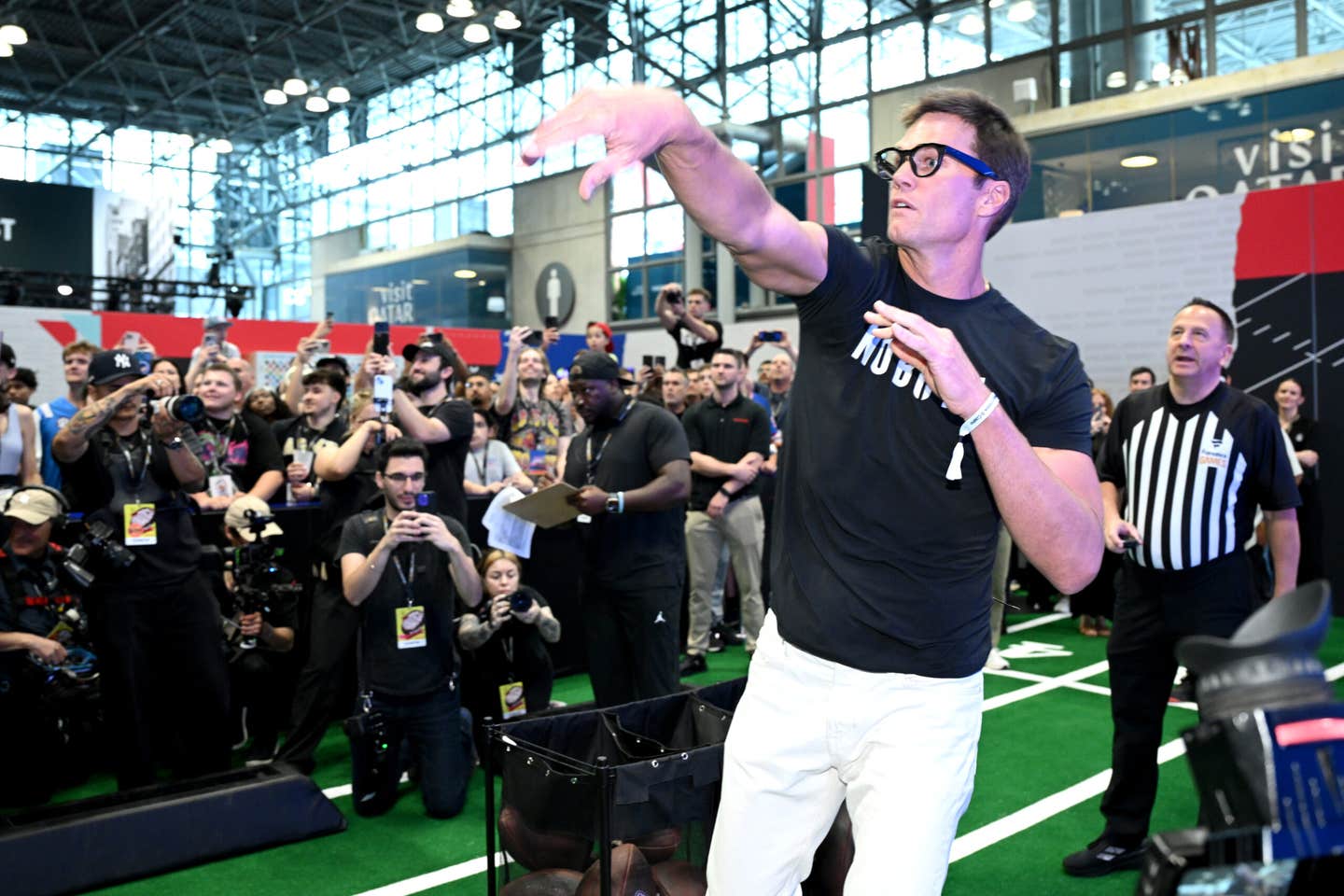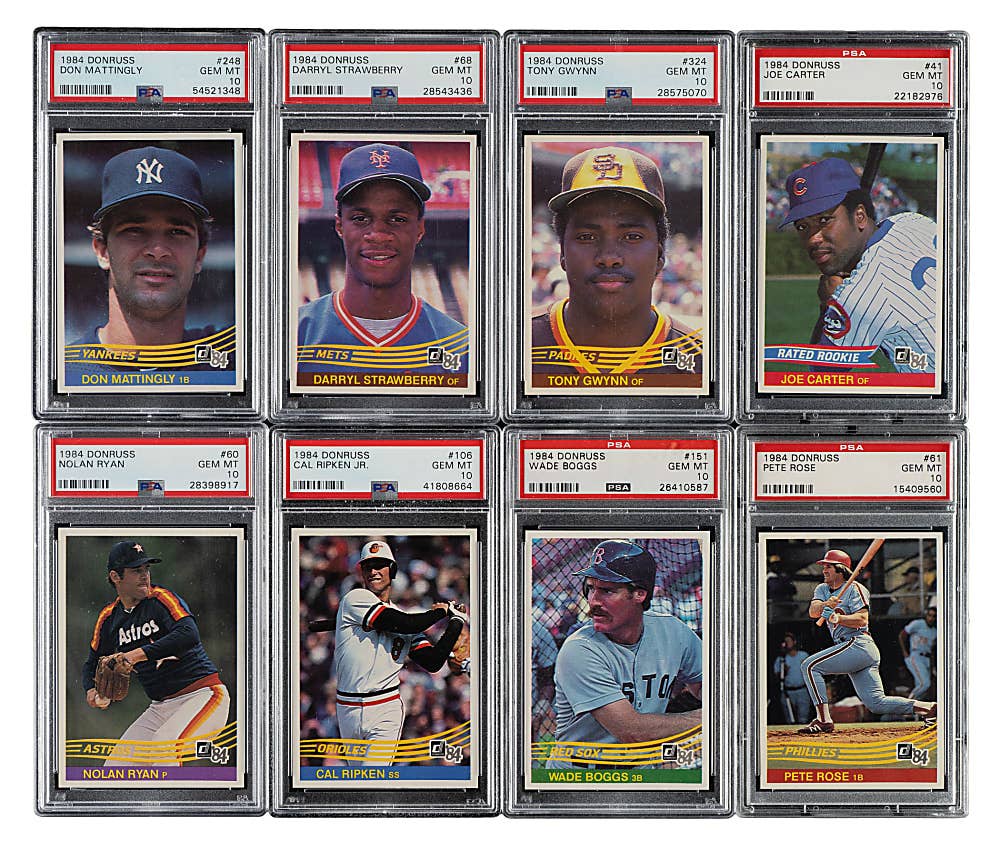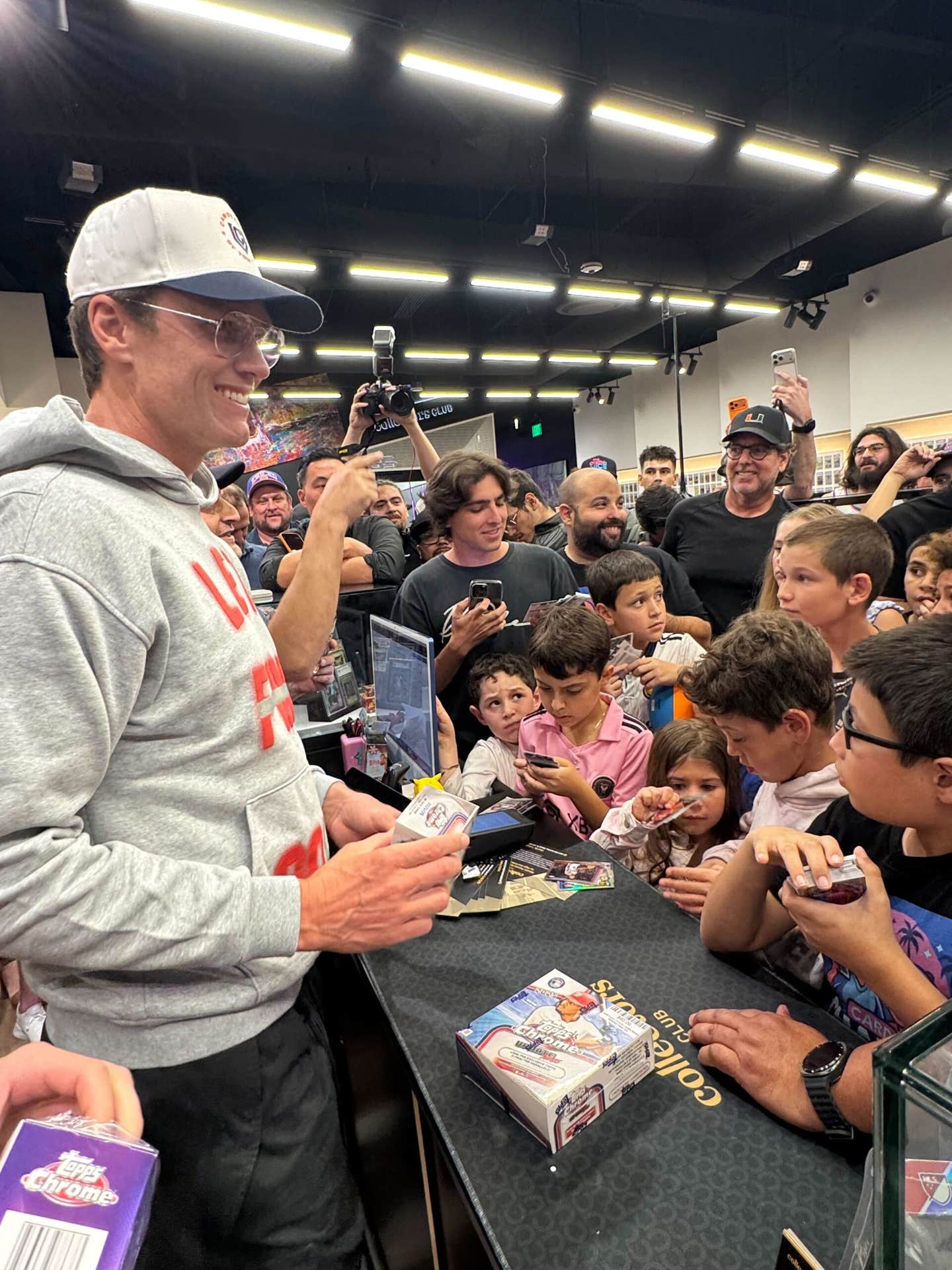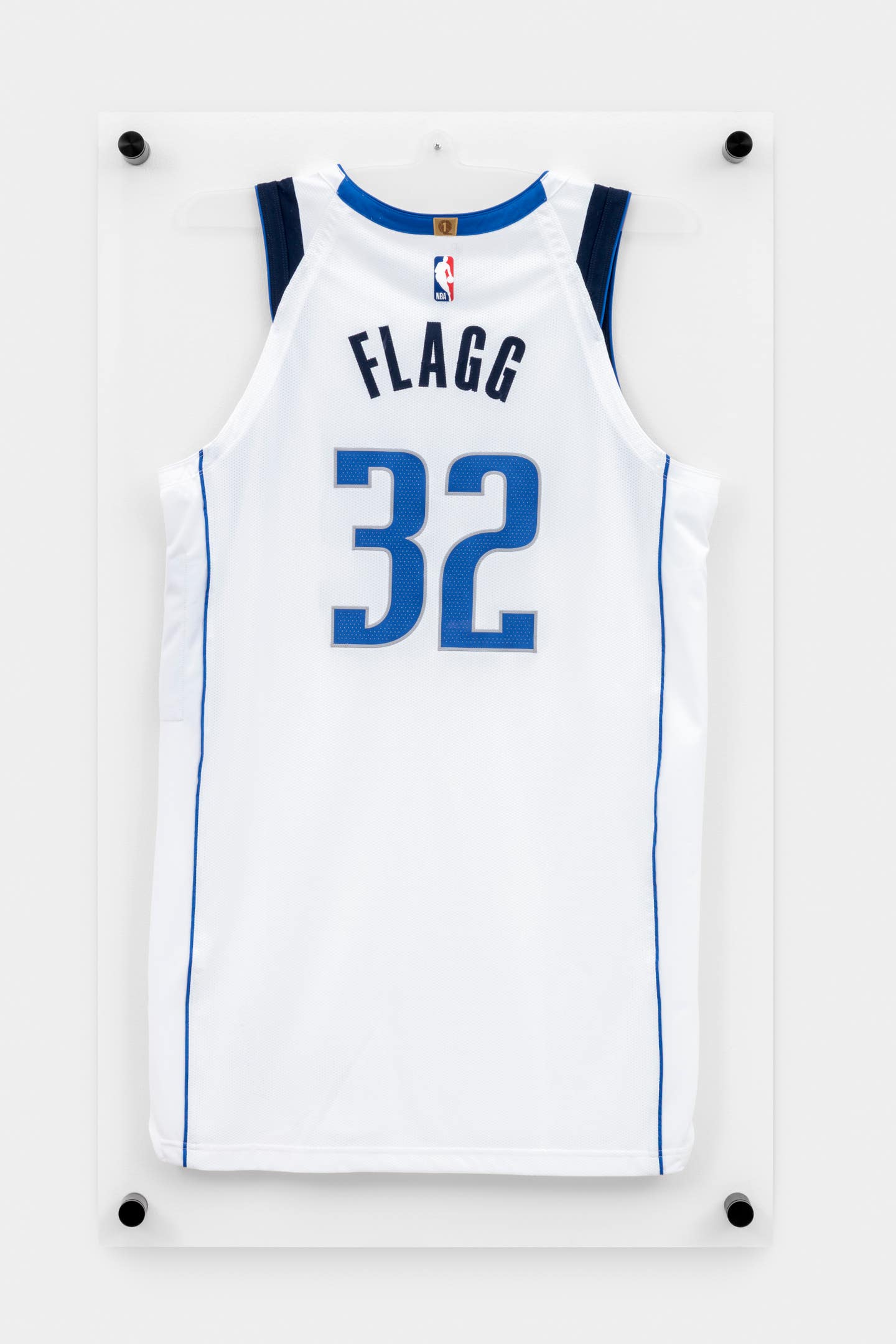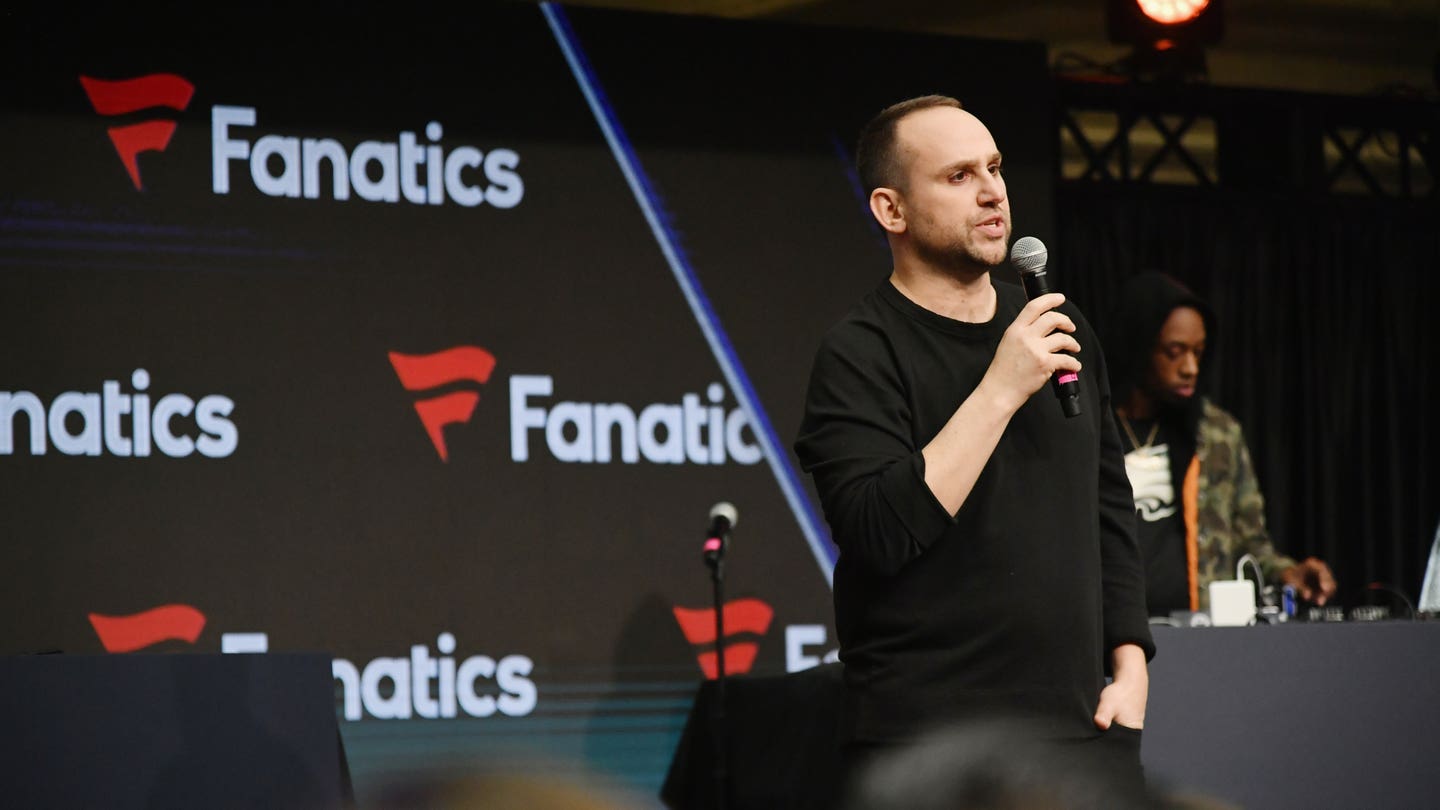
News
Fanatics Chairman Michael Rubin outlines vision for new trading card company
Fanatics CEO Michael Rubin confirmed Thursday that the company plans to sell trading cards directly to consumers, cutting out distributors and middle men and creating a one-stop-shop business for collectors.
Fanatics has acquired the licenses to manufacture baseball, basketball and football trading cards beginning in the next few years. Its deal with the Major Baseball Players Association goes into effect in 2023, while its deals with MLB, NBA and the NBA and NFL Players Associations begin in 2026.
The deals mean that the company’s new Fanatics Trading Cards division will replace Topps and Panini as the officially licensed trading card manufacturer of baseball, basketball and football cards.
Rubin, the executive chairman of Fanatics, appeared on CNBC Thursday and outlined his vision for the new company.
“This is really about a completely different vision for where the trading card industry should go,” he said. “I think if you are going to think about the collector experience, it is pretty brutal today. You’ve got to buy primary cards with so many people kind of in the middle of it that you buy primary cards and you sell secondary cards somewhere else. You get your cards graded by another party, you need to store them with someone else. … This is about our vision to create an incredible collector’s experience, bringing all the pieces together.”
Rubin said the Fanatics Trading Cards company will be similar to its sports apparel and merchandise company, which sells directly to consumers.
“To be quite frank, the trading card companies are good manufacturers but they don’t have the vision for building a much more direct-to-consumer model and then bringing all the pieces together to create a great collector’s experience,” he said. “It’s really what we did in the merchandise category where Fanatics covers that business, but now doing it in trading cards.”
The Wall Street Journal reported this week that Fanatics had attracted $350 million in Series A funding, boosting its valuation to $10.4 billion.
Topps, which has held the MLB license for more than a decade and has manufactured baseball cards since the 1950s, was valued at more than $1 billion when it was on the verge of going public before news of the Fanatics MLB deal emerged.
Rubin said the current card manufacturers — Topps, Panini and Upper Deck — will make close to $1 billion combined this year on trading cards.
“That’s all selling to distributors, who then sell to retailers, who then try to resale it, who then put them on eBay, who then sell them to collectors,” he said. “When you think about taking this model much more direct to consumer, and then adding in an integrated collectors experience of having the primary cards sold, secondary capabilities, with grading and breaking and insurance and storage and financing, this is a very massive opportunity.”
Fanatics has reportedly given the MLB, NBA and the three players associations an equity stake in the new company. WSJ reported that the leagues and players associations will own 14 percent of the company.
Rubin said the leagues and players are invested in the company’s plan for the future.
“Each property made a decision independently that they wanted to give a much better experience to their collectors long term and to really grow the hobby,” Rubin said. “They thought the vision that we had made so much more sense and also leveraging the 80 million-plus fans that we have in our database that built the structural advantages that we have when we created this digital sports platform.”
Rubin also indicated that “it’s absolutely possible” that Fanatics may make an attempt to buy one of the current card manufacturers. He also emphasized that the company plans to cater to the younger generation of collectors who approach the hobby as an investment or alternative asset.
“That’s the most important part,” he said. “This is really a financial asset of the younger generation and I believe that with a great collector experience we can grow this business many times. I think there’s great growth ahead for the hobby.”



